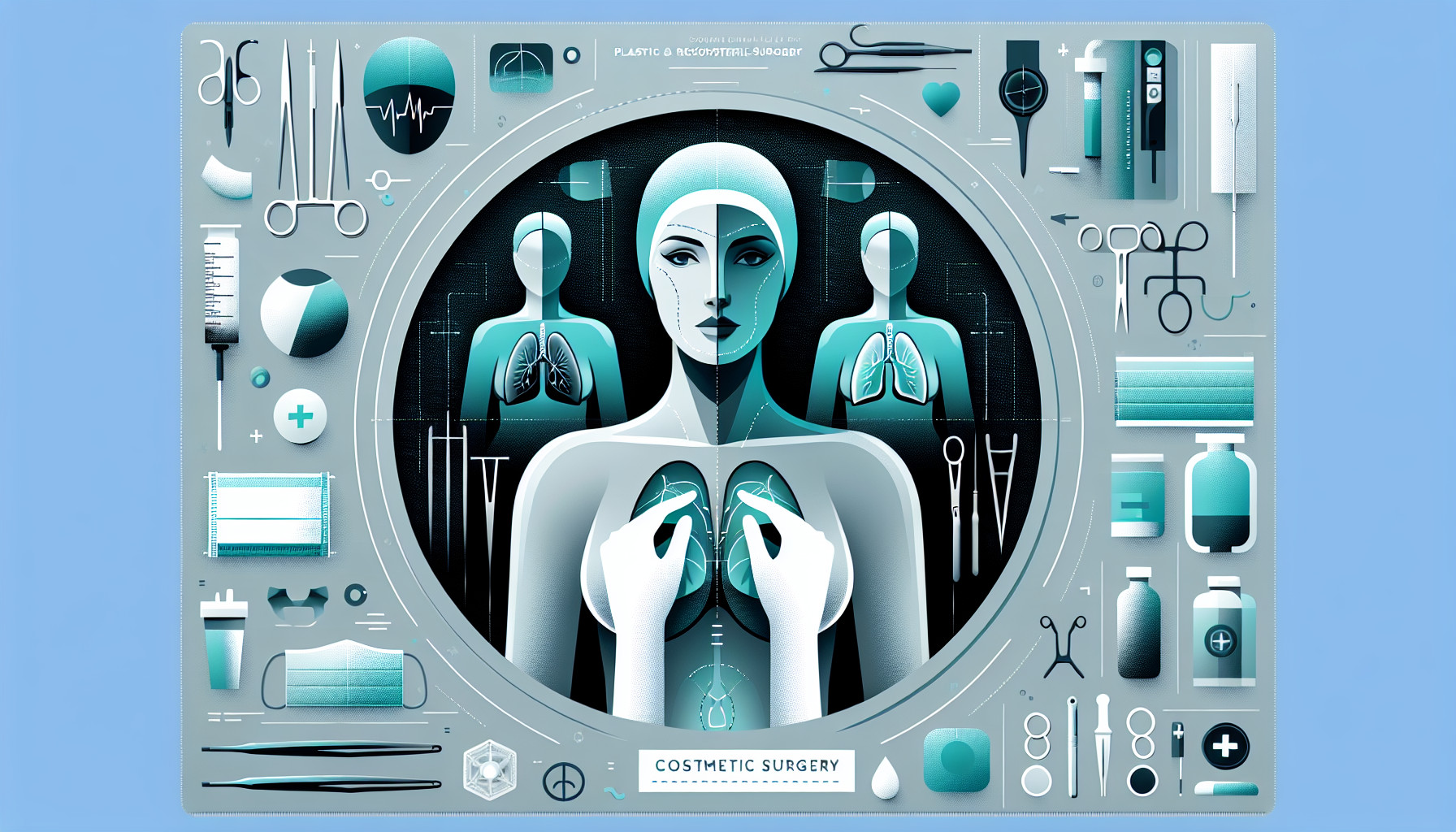Our Summary
The ethical principles surrounding cosmetic surgery are different from those of regular medical treatment. This can make it harder to understand the relationship between the doctor and patient, as most descriptions of this relationship are based on regular medical treatment. This research paper suggests a different way to understand this relationship in cosmetic surgery, which they call the anti-paternalistic model.
In this model, they consider factors such as the balance of power between the doctor and patient, how much information is shared and how this is done, the goal of the surgery being patient satisfaction, issues with getting proper consent from the patient, when a doctor should refuse to do a procedure, and problems related to children getting cosmetic surgery.
The researchers argue that this anti-paternalistic model is better than the standard autonomy-based model because it provides a clearer understanding of the ethical issues in cosmetic surgery.
FAQs
- What is the anti-paternalistic model in relation to cosmetic surgery?
- What factors are considered in the anti-paternalistic model for cosmetic surgery?
- Why do researchers believe the anti-paternalistic model is superior to the standard autonomy-based model in understanding the ethics of cosmetic surgery?
Doctor’s Tip
One helpful tip a doctor might tell a patient about cosmetic surgery is to thoroughly research the procedure, the doctor performing it, and the potential risks and side effects involved. It is important for patients to have realistic expectations and understand that cosmetic surgery is not a guarantee of perfection. Additionally, open communication with the doctor about your goals, concerns, and any medical history is crucial for a successful outcome. Lastly, it is important to follow post-operative care instructions carefully to ensure proper healing and optimal results.
Suitable For
In terms of the types of patients typically recommended for cosmetic surgery, it is important to note that cosmetic surgery is elective and not medically necessary. Therefore, patients seeking cosmetic surgery should be in good physical and mental health, have realistic expectations about the outcomes of the surgery, and be able to give informed consent.
Some common reasons why patients may seek cosmetic surgery include wanting to improve their appearance, boost their self-confidence, correct physical imperfections, or address signs of aging. Patients who are unhappy with a specific aspect of their appearance, such as their nose, breasts, or abdomen, may also be good candidates for cosmetic surgery.
It is also important for patients to have a good support system in place, as well as a strong understanding of the risks and potential complications associated with cosmetic surgery. Patients who are well-informed, emotionally stable, and have a positive outlook are more likely to have a successful outcome from cosmetic surgery.
Ultimately, the decision to undergo cosmetic surgery should be a personal one, made after careful consideration and consultation with a qualified and experienced plastic surgeon.
Timeline
Before cosmetic surgery:
- Patient researches different procedures and potential surgeons
- Patient schedules consultation with chosen surgeon
- Patient discusses desired outcomes, risks, and expectations with surgeon
- Patient receives recommendations and treatment plan from surgeon
- Patient decides to move forward with surgery and schedules procedure
After cosmetic surgery:
- Patient undergoes surgery and recovery period
- Patient follows post-operative care instructions provided by surgeon
- Patient attends follow-up appointments with surgeon to monitor healing progress
- Patient experiences physical and emotional changes as a result of surgery
- Patient evaluates overall satisfaction with results and communicates any concerns to surgeon
- Patient may choose to undergo additional procedures or maintenance treatments as needed.
What to Ask Your Doctor
Some questions a patient should ask their doctor about cosmetic surgery include:
- What are the risks and potential complications associated with the procedure?
- What is the recovery process like and how long will it take?
- Can I see before and after photos of previous patients who have undergone the same procedure?
- What are realistic expectations for the outcome of the surgery?
- What type of anesthesia will be used and who will administer it?
- How many times have you performed this specific procedure and what is your success rate?
- What type of follow-up care will be required after the surgery?
- Are there any alternative treatments or procedures that could achieve similar results?
- What is the total cost of the procedure, including any potential additional costs for follow-up appointments or revisions?
- Can you provide me with information about your qualifications, certifications, and experience in performing cosmetic surgery procedures?
Reference
Authors: Hostiuc M, Hostiuc S, Rusu MC, Isailă OM. Journal: Medicina (Kaunas). 2022 Sep 14;58(9):1278. doi: 10.3390/medicina58091278. PMID: 36143955
